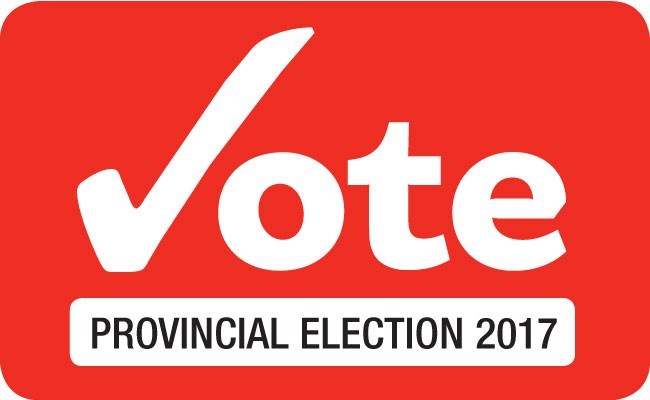As always during election campaigns, “It’s the economy, stupid!”
Shortly after party leaders squared off on the topic during a radio debate Thursday morning, local candidates weighed in on what makes the economy tick and how their party defines prosperity.
Ralph Sultan, the Liberal candidate for West Vancouver-Capilano said B.C. has done well under a Liberal government. Figures for economic growth and employment are better in B.C. than they are for the rest of the country, which has provided money for needed services like health care and education, said Sultan. “Things are humming,” he said, adding that it beats the situation during the 1990s when the NDP was in power, and “almost 10 per cent of the work force was on (EI) or social assistance.”
Keeping taxes low and being friendly to business are key to the Liberals’ economic platform, said Sultan. “The B.C. Liberals are motivated by low taxes and growth,” he said. “The NDP are motivated by raising taxes so they can spend more on social services.”
Sultan said the economy is more diversified than in the days when natural resources dominated. Construction, technology, the film industry and tourism – even health care – are among the newest economic drivers.
Solving the issue of housing affordability is key to improving the cost of living that’s impacted many local residents in the pocketbook, he said.
“There’s no question that cost of living is a challenge particularly here on the North Shore,” he said. “I get this refrain both from younger people and from seniors living in grand homes on fixed incomes. It cuts right across the whole spectrum.”
Sultan said when considering economic issues, voters should pay attention to “spending ambitions” and announcements from the NDP about programs like $10 per day child care and scrapping of MSP premiums. “They have rather immediate political appeal,” he said. “But somehow, somewhere, someday, they have to be paid for, and guess what? The biggest ATM machine any government in Victoria has discovered is the North Shore and all these high real estate values. So watch out. The taxman’s going to come after you.”
Michelle Livaja, the NDP candidate for West Vancouver-Sea to Sky, describes those kinds of comments as “the same old tired attacks” from the Liberals.
While Liberal leader Christy Clark said Thursday the NDP platform leaves a $6-billion cost hole unaccounted for, NDP leader John Horgan said that’s not true. Livaja echoed that. “It is fully costed,” she said.
Livaja said while the Liberals have been focussed on improving the economic fortunes of “their wealthy friends and donors,” the NDP is focused on improving the outlook for the average person.
“We’re investing heavily in infrastructure,” she said of party plans to create 96,000 construction jobs through building new schools, hospitals, affordable housing and rapid transit.
The NDP also wants to spark activity in the technology sector by requiring use of B.C. developers on government projects.
Livaja said Liberal promises on the jobs front should be considered skeptically given their record on LNG as an economic saviour. “The last election they promised us 100,000 LNG jobs,” she said.
To help affordability, the NDP plans to raise the minimum wage gradually to $15 per hour. “We don’t think it’s right that people should be working full time and still be in poverty,” she said.
Livaja said average families will also benefit from measures like the NDP plan to freeze Hydro rates, stop ICBC increases and cut ferry fares on some routes.
For Green candidate Michael Markwick in West Vancouver-Capilano, the current government approach to the economy is outdated. B.C. will lose out if it doesn’t start fostering areas like innovations in green energy, he said.
Currently, “It’s a boom and bust economy,” he said. “The Liberals are partying like it’s 1999. That is a catastrophic mistake.”
Markwick said B.C.’s current economic fortunes have largely been bolstered by frenzied real estate activity. But “you can’t plan a 21st century economy as though we’re in a casino,” he said.
Markwick said B.C.’s future should be built on brain power rather than pipelines. Universities should be working with government on encouraging investment in clean energy and the technology sector, he said.
Such actions are needed to provide a decent future for young people, whose economic futures are currently very precarious, he said.



